Economic losses from climate change outweighed those from COVID-19, according to global study of fish farms
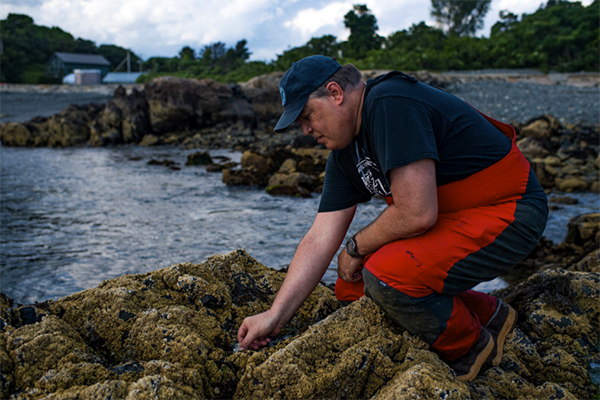
The seafood industry has been hit hard by the COVID-19 pandemic and subsequent lockdowns, causing disruptions in supply chains and shifting buyer demand. But according to a new global study of fish farms, the impact of the pandemic hasn’t been “nearly as damaging as the ecological havoc caused by humans.”
The global study, published in Environmental Science & Policy, assessed the impact of COVID-19 on fish farms in more than 50 countries. The findings offer a stark look into the devastating impact global warming is already having on oceans, lakes and rivers across the planet.
More than 80 percent of 585 fish farms surveyed worldwide reported that the economic losses from human-caused issues such as climate change, pollution and flooding far outweigh losses from supply-chain disruptions or a loss in buyers caused by the pandemic.
“These businesses have to build resilience to these events in their planning because it’s only going to get worse over time,” said Dr. Brian Helmuth, co-author of the study and a professor of marine and environmental science at Northeastern University.
The 585 fish farms that responded to the survey detailed losses in stock, sales and jobs as a result of COVID-19. But almost 490 of those respondents said pollutants, diseased fish and other human-caused climate problems caused more losses than the economic downturn triggered by COVID-19 or supply-chain disruptions. Helmuth said this should serve as a “wake-up call” for fish farmers.
“We’re going to have more pandemics,” said Helmuth. “We’re going to have increasing impacts of climate change. New England is ground zero for a lot of these changes, and so we really have to get our act together now.”
Special report: Retail demand reduces COVID-19 pain for seafood industry
According to Helmuth, another major finding is that it highlights a farming method that could be a blueprint for resilience, as seafood farmers struggle with the impacts of climate change in the upcoming years.
“What’s interesting is that more ecologically-sustainable approaches were more resilient, in part because one of the stoppages in the supply chain was getting food to feed the things you’re trying to grow,” said Helmuth.
Additionally, findings suggest that the integrated multi-trophic aquaculture showed “potential buffering characteristics” on some surveyed components of economic distress (e.g. job loss). For instance, tilapia farmers would grow seaweed, algae, and mollusks in the same place as the fish.
“This means you’ve got a couple of different organisms all eating each other,” said Helmuth. “But it builds a self-sustaining approach, and it means the farm is a lot more stable against COVID-19 or any other global event that could disrupt the supply chain.”
Follow the Advocate on Twitter @GSA_Advocate
Now that you've reached the end of the article ...
… please consider supporting GSA’s mission to advance responsible seafood practices through education, advocacy and third-party assurances. The Advocate aims to document the evolution of responsible seafood practices and share the expansive knowledge of our vast network of contributors.
By becoming a Global Seafood Alliance member, you’re ensuring that all of the pre-competitive work we do through member benefits, resources and events can continue. Individual membership costs just $50 a year.
Not a GSA member? Join us.
Author
-
Responsible Seafood Advocate
[103,114,111,46,100,111,111,102,97,101,115,108,97,98,111,108,103,64,114,111,116,105,100,101]
Tagged With
Related Posts
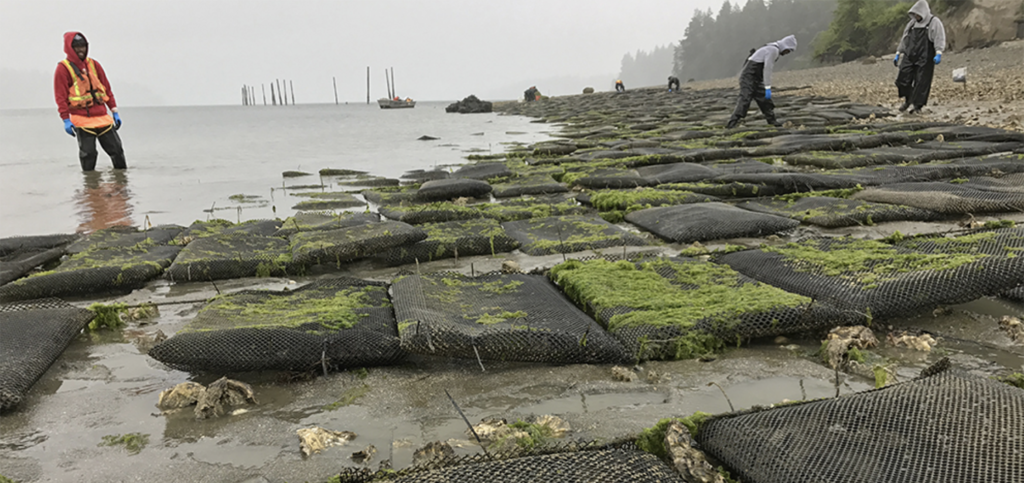
Intelligence
COVID-19 has the West Coast shellfish sector on hold
The impacts of the coronavirus (COVID-19) pandemic on the industry are vast. In the Pacific Northwest, some producers are faring better than others.
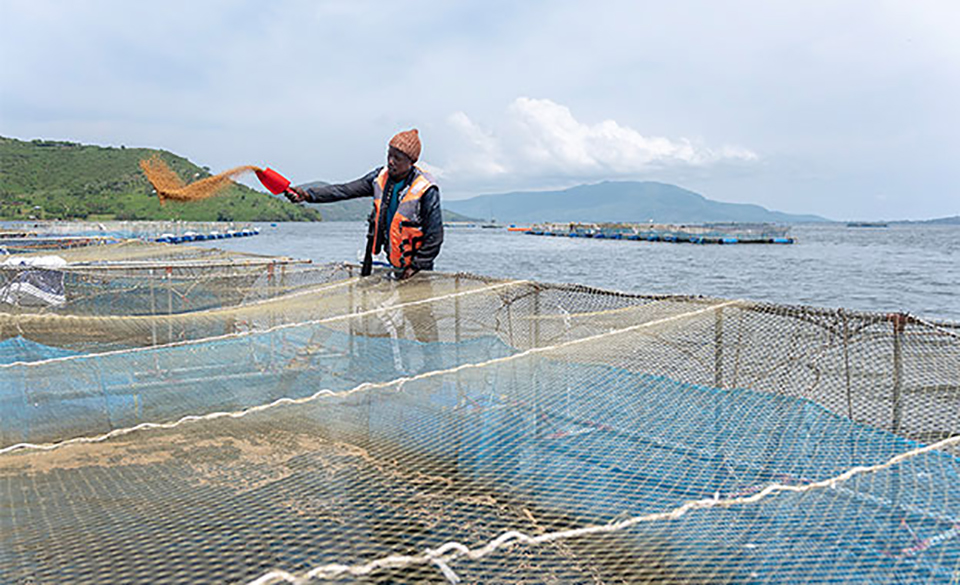
Intelligence
How resilient is aquaculture in the face of a pandemic?
Lead author of a Johns Hopkins Center for a Livable Future study examines how seafood businesses and related institutions are responding to the pandemic.
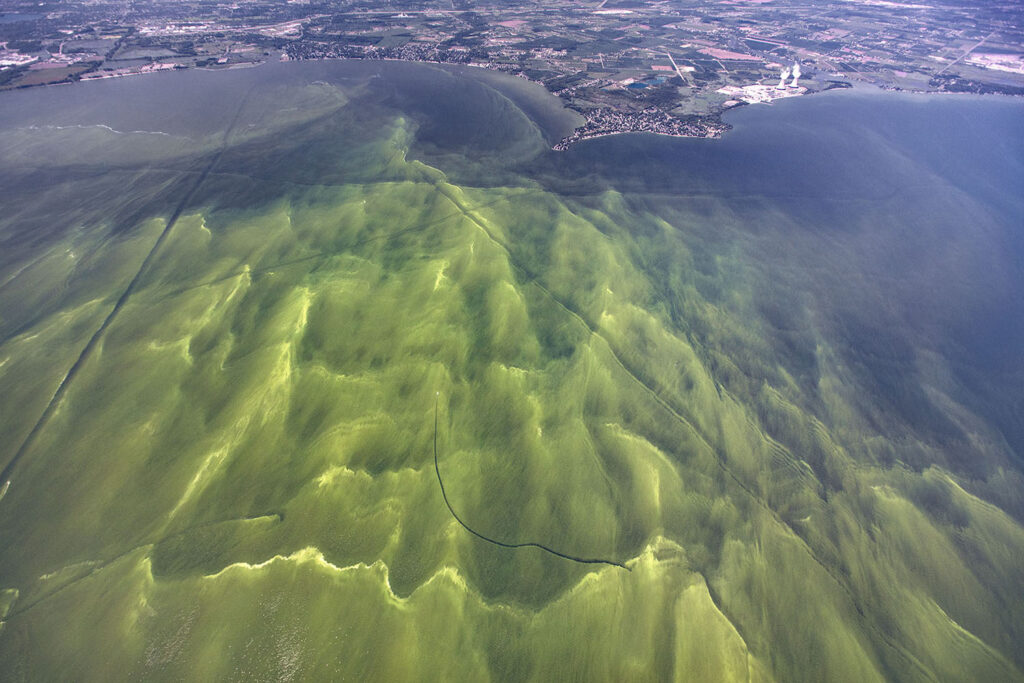
Responsibility
Climate change effects on aquaculture production
Comprehensive review explores the negative and positive sides of climate change on aquaculture production, and implications for its sustainability.
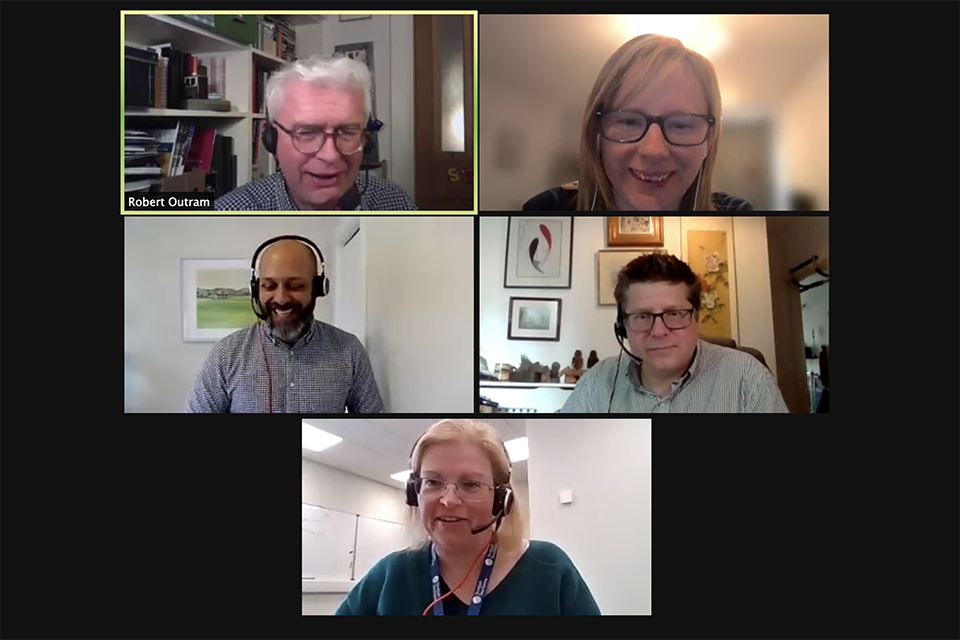
Responsibility
Experts discuss climate change threats to aquaculture
How will climate change impact the aquaculture sector? Expert panelists discuss impacts to insurance and how data is driving decision-making.



